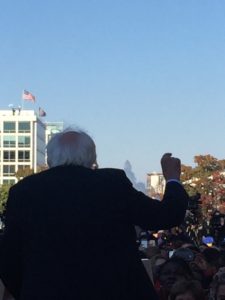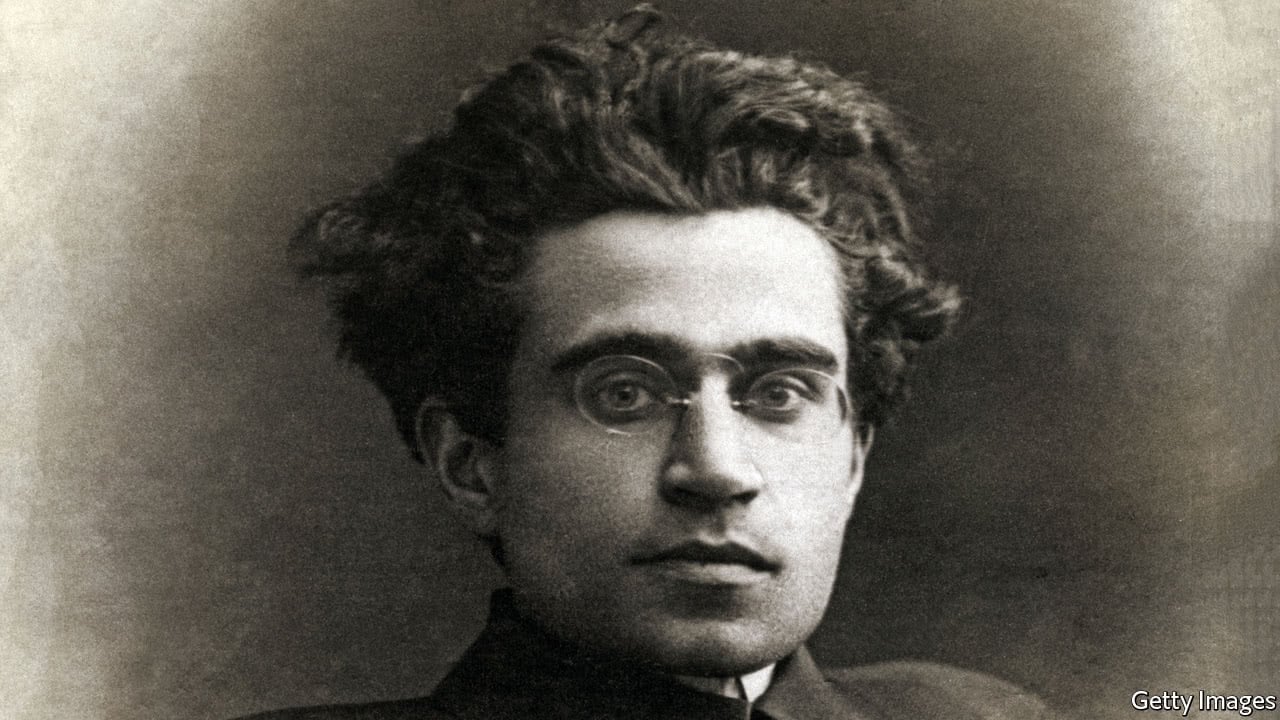Note to readers: please click the share buttons above. Forward this article to your email lists. Crosspost on your blog site, internet forums. etc.
The US, a declining superpower, is trying to use the power of the dollar as a weapon to punish Turkey and other disobedient actors in the international system.
Mainstream pundits and media commentators see the crisis in US-Turkey relations and the collapse of the Turkish currency as a result of Turkey’s refusal to hand over to the US an American Evangelical priest. The analysis here shows that the roots of the conflict in times of crisis, uncertainty and hegemonic instability, go far beyond political epiphenomena.
Turkey was thrust into a full-blown currency crisis when Donald Trump hoisted tariffs on Turkey’s steel and aluminium exports to the USA, the country’s most serious crisis since Erdogan’s AKP came to power 16 years ago. The Lira lost more than 40 percent of its value, albeit its most recent humble recovery. The pretext for Trump’s punishing attack on Turkey is the continued detention of the evangelical American Presbyterian missionary Andrew Brunson, described by Trump as a “fine gentleman and Christian leader”, who was arrested in October 2016 on charges of espionage accused of involvement in the attempted coup of July the same year.
At first sight, the US-Turkey stand-off appears to be a uniquely Turkish problem triggered by a very public confrontation between two leading members of the “ring of autocrats” of the twenty-first century, Donald Trump and Recep Tayyip Erdogan, and worsened by the idiosyncratic and often misguided economic approach of both leaders. This is not the case.
In the first place, the roots of the conflict are domestic. Public agitation over the fate of Brunson serves Trump’s domestic political agenda, appealing to his Christian right base that considers Brunson a martyr: Trump is using it for its own political benefit for the forthcoming US mid-term elections, where evangelical turnout will be crucial for Republicans holding on to the Senate. Similarly, Erdogan aims at strengthening his domestic support base by appealing to Turkish pride and nationalism at a moment when Turkey and the US have diverging agendas in Syria and other conflicts in the greater Middle East, witness the rapprochement between Turkey, Russia and Iran.
However, the underlying motives for the drive to bring the Turkish economy to its knees lie in the bid by the US hegemon to displace and off-load its own crisis onto the back of emerging economies, by means of trade restrictions, economic sanctions, direct confrontation, and most importantly using the dollar’s reserve currency status to hit the currencies of all emerging economies and beyond.
This is not rooted in the personality or psychology of Trump or Erdogan, and this is not just Turkey’s problem. It is a global problem carrying substantial risks of contagion, and hence conflict and war, in Asia, Latin America, Africa and Europe. Currently, the Turkish crisis looks the most vivid but, as we shall see below, there is much more going on between the US and the rest of the world.
The global financial crisis and shifts in the global power system
As the tenth anniversary of the collapse of Lehman Brothers approaches, it seems that none of the underlying contradictions of the world economy have been resolved. Rather, they have only intensified. Soon after the 2008 crisis hit the major economies, governments and central banks took off the books of the banks the worthless, or so-called toxic, assets, which were then transferred onto the states’ budgets rendering legal responsibility to the taxpayer to pay the debts of the banks (what in the relevant jargon is called “deleveraging”). The bailout operation and other similar measures, such as widespread “quantitative easing”, has cost more than 25 percent of global GDP, the landmark operation being the Greek case. This large-scale bailout has increased the volatility of the system without solving the problem. Ten years after, it is becoming increasingly clear that a new period of intensified crisis is gripping the global economy.
Every national economy, whether big or small, seems to be locked in a perpetually escalating cycle of economic warfare. US sanctions against Iran, Russia, Turkey and Venezuela; and US trade war with China, the EU, Canada and Mexico. These acts of economic warfare, reminiscent of the inter-war period[1], are not only affecting the countries directly targeted, but indirectly also affect a long list of other countries which have close economic links with these targeted countries. For instance, Chinese producers buy iron ore for steel from Australia, Brazil, India, Iran, South Africa, and Ukraine, and bauxite for aluminium from Australia, Brazil, and the poor West African nation of Guinea. All are being affected, some very seriously.
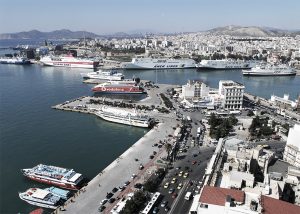
It seems that global trade and the US dollar are used as a weapon by the American President, who sees trade sanctions and tariffs, such as the onslaught he launched against Turkey, as an integral component of his drive to secure US’s geopolitical and economic interests at the expense of the others, even if this hurts its own close allies. Trump’s “America First” policy is just this and configures its strategy as a response to the structural crisis of globalisation/financialisation.
Trump is fully aware of the impact of his policies. The US’s “aggressive unilateralism”, which first emerged in the 1980s under Reagan, is now pushed to its limits. Trump is not some bizarre abnormality, but rather the genuine face of the vital interests of a declining superpower that is prepared to initiate a major crisis and huge devastation worldwide in order to stop its eventual decline. Trump’s coming to power itself is but an epiphenomenon of the deeply embedded structural and historical changes and trends taking place in international political economy and the global system of power.
All such shifts are the results of an increasingly more volatile and chaotic international situation, which is the direct consequence of a process that Giovanni Arrighi, drawing from Gramsci, called hegemonic transition. During that period, systemic chaos is rather unavoidable. The late twentieth century saw renewed great power rivalry, system-wide financial excesses and bursting bubbles centred on the declining superpower, the US, and the emergence of new loci of power in Eurasia, in particular China and India. So, the core logic of this shift can be analysed properly within the context of major global structural changes and re-distribution of power, which have been affecting the world system for the last 30 years or so.
Hegemonic transition
When the authority of a global superpower is on the wane, this affects the entire world order and leads to instability. Even though the US still represents the largest and strongest economic and military power in the world, it is nevertheless struggling with severe weaknesses resulting from low economic growth and the protracted decline of its industry. The most important structural transformation that took place in the US-led global economic system after WWII was a massive crisis in manufacturing manifesting itself as stagflation (economic stagnation accompanied by double-digit inflation). Falling profitability and weakening competitiveness led to the erosion of the production-led mode of accumulation in the United States (the twin crisis of Fordism and the Keynesian management of aggregate demand). When the productive power (and capacity) of the US started to decline, financial speculation began to play a major role in order to compensate the loss of profit rates in production and trade. One of the most striking features of the US economy has become the rise of the rentier and the money capitalist. This was further reinforced with the massive upsurge of the US bond markets and, from the late 1980s in particular, of the junk bond market. This vast financial sector expansion greatly advanced speculation.
The decline in productive capacity and the ever-widening gap between productive and financial accumulation led to recurrent financial and economic crises in every corner of the world. The global chain of extreme financialisation and speculative profiteering broke in 2007-09, only to be transplanted into the euro-zone via the over-leveraged banking sector.
From QE to QT, and the Turkey conundrum
Even if the US economy is in decline in terms of its productive capacity and the share of global trade, one aspect of it still dominates the global economy: dollar seigniorage, or the dominant role of the US dollar in international trade and finance. This is the privilege to profit from the usage of the dollar by the rest of the world as international reserve currency in global trade. All states have to acquire funds of the internationally acceptable money in order to be able to pay for goods and services in global trade. A state first has to earn an international currency from abroad before it can buy anything from abroad. This constraint does not exist for the US because the international currency since 1944 is the US dollar. The US does not need to earn dollars abroad. The US simply prints dollars at home, which gives the United States an “exorbitant privilege”.
As a result, the US Federal Reserve could dictate the level of international rates through moving the US domestic interest rates, thus determining the costs of credit internationally. Today America borrows from practically the entire world without keeping the reserves of any other currency. Because the dollar is the de facto global reserve currency, America does not have to compete with other currencies in interest rates, and even at low interest rates capital flies to the dollar. The more dollars are circulated outside the US, or invested by foreign owners in American assets, the more the rest of the world has had to provide the US with goods and services in exchange for these dollars. The US even has the luxury of having its debts denominated in its own currency. Let us be more analytical.
When international credit is cheap economic operators with access to cheap international credit borrow money and invest in projects which seem viable, given the level of low interest rates. However, when the US decides to make credit expensive (sometimes very expensive) in order to gain competitive advantage or for political reasons, suddenly, such “normal” and “sound” investments may find themselves going bankrupt because of this sudden contraction of cheap credit.
Because only the American state can issue the international reserve currency, the US dollar, the Wall Street, the hub of global financial activity together with the City of London, can swing international economy between oversupplying credit at one time and contracting it at another without even providing a reasonable time of notice. As in real war, so in economic warfare: surprise is the thing to do in order to win. This is exactly what is happening today.
Another 2008?
Since the 2007-08 global financial crisis the reliance of financial markets on policy decisions taken by the American Fed has expanded to unprecedented levels. Immediately after the global crisis hit the US in 2007, the Fed began what was called Quantitative Easing, a type of Keynesian generation of money – in force buying up bonds to revive the flow of credit to a shrinking economy. The Fed bought a staggering sum of bonds from the struggling banks, which increased up to 4.5 trillion dollars from the modest range of $850 to $900 billion in 2010. Since then, four global central banks: the US Federal Reserve, European Central Bank (ECB), Bank of Japan and Bank of England have been engaged in QE programs. The result of this QE was that the central banks flooded markets with an unprecedented flow of funds through auctions and lending facilities, approximately creating 4 billion dollar new money a day, and thus financial markets were saved.
This operation plunged the interest rates to zero in an effort to prevent an economic collapse. These sums of money were in turn invested in any part of the world offering high returns as US bonds paid near zero interest. The hope was that lenders go on to pass that liquidity along as credit to companies and households, thus stimulating anaemic economies. A large amount of this liquidity went into junk bonds in the shale oil sector, which subsidised in reality high-cost US shale production, despite the fact that only a few shale companies were generating enough cash to pay for their spending and dividends, and into the US housing market which experienced a mini boom, both of which played a key role in the initial recovery of the economy from the 2007-08 financial crisis. Private investors, who were looking for new and more profitable avenues to park their investments, low interest new money they borrowed from the Fed, started pumping large amounts of this into emerging markets, such as Turkey, Brazil, Argentina, Indonesia, India and China, where the economies are booming and the US bonds could potentially bring back high returns.
Thus, the corporations as well as private individuals in emerging markets had access to a large amount of cash at their disposal. Even the Russian market received some liquidity dollars until the Trump initiation of the US sanctions in early 2018. As a result, during the last ten years, the supply of cheap dollars to the global system has risen to unprecedented levels, exacerbated by the US, British, German and Japanese QE programmes. Total global debt (the debt of households, governments, corporations and the financial sector) soared to a record $233 trillion in the third quarter of 2017, according to a report from the Institute of International Finance in Washington.

As long as the emerging markets were growing and earning export dollars at times of low interest rates, this debt was manageable. Because of near-zero interest rates, combined with a weak dollar, this level of debt was not difficult to pay for consistently growing emerging economies. However, even though this low-interest credit has helped boost economic growth in the short-term, heavy reliance on this has made the economies of emerging countries vulnerable to sudden financial changes and surprise economic warfare. If the interest rates begin going up quickly, as is currently the case, then many debtors will not be able to pay their debts and the world will again be facing a 2008-style catastrophe. The emerging market economies’ massive dollar debt is the key vulnerability even for still expanding emerging economies, such as Turkey. Turkish companies now owe an estimated $229 billion in foreign-denominated debt, which is more than one-third of the country’s GDP.
Quantitative tightening ( QT)
Recently, everything began to change. The US Federal Reserve ended its programme of QE late last year, and started to reverse it, i.e. selling off the financial assets it had purchased, and hence effectively taking dollars out of the financial system, given the relatively stable performance of the American economy. Now the Federal Reserve is retreating from markets by reducing the amount it reinvests after the bonds in its portfolio reach maturity. Global finance has now de facto been in the new era of Quantitative Tightening (QT). The Federal Reserve raised its policy rates five times, from 0.25 to 1.5 percent. The Bank of England raised its policy rate once, back to 0.5 percent. As a result the dollar’s value has begun to rise.
The rise in the value of dollar, accompanied by two successive interest-rate rises by the USA Fed, has made debt payments for countries, corporations and individuals far more difficult. This is direct US financial policy which is deliberately precipitating a major new economic crisis across the emerging world, especially in Iran, Turkey, Russia, South Africa and China.
The stronger dollar means that emerging markets in particular are facing uncertainties: for companies, and individuals, in these countries that have issued dollar-denominated bonds, their interest payment burdens just got a lot heavier, and investors worry about the ability of emerging market debtors to pay off their dollar-denominated debt. The Institute of International Finance (IIF) estimated in July 2017 that global debt amounted to 327 percent of the world’s annual economic output (GDP) by the first quarter of 2017 and the rise was driven principally by emerging market borrowing. According to estimates, by the end of 2018, there will be approximately 1 trillion dollar less global QE than in 2017, and the peak for total emerging market dollar debt falling due comes in 2019, with more than 1.2 trillion dollars maturing. In other words, there will be an equivalent of 1.2 trillion less dollars in the world in 2019. This is simply to choke off dollar supply.[2]
Bankrupting the global South
The motivations for this trade and currency war are also political: the US punishes Turkey, Iran and Russia for having a divergent geo-political agenda in Europe, the Middle East and Central Asia that clashes strategically with that of the USA. However, whereas it is clear to us that the economic warfare between the USA and Turkey (as well as other emerging powers) has structural causes, it remains to be seen whether this can be translated into political divergence, something which would have serious implications as regards Turkey’s NATO membership and global peace. Political and security dynamics have a relative autonomy and cannot be reduced to financial economics alone.
The ability of the US government to control the global supply of money through its global reserve currency, the dollar, is considered to be the most effective weapon of the US, far more deadly than its grand military machinery. The value of US dollar is now rising strongly against all other currencies, in particular the currencies of emerging economies. The Trump regime is also initiating provocative trade wars and sanctions against Russia, Iran, China and Venezuela. Turkey is not alone in this: it suddenly has a lot in common with Iran, Russia, and China. The US seems to be aiming at a domestic economic advantage via pushing the global South into bankruptcy. This global financial and trade offensive, launched by the Trump administration, has already created huge uncertainty in Asia, Latin America and the EU. Peter Gowan, in his seminal work, The Global Gamble, noted that “the US economy depends not only upon constantly reproduced international monetary and financial turbulence. …” and “Wall Street” in particular “depends upon chaotic instabilities in ‘emerging market’ financial systems”[3].
Dangerous interregnum
This is yet another clear manifestation of the fact that the world is currently going through a dangerous interregnum. Interregnum, here, as elaborated by Gramsci, can be understood as a period where one arrangement of hegemony is waning, but prior to the full emergence of another. It is poised between inward-looking old hegemonic powers, and reluctant new emergent ones. The US is a declining superpower, with a crumbling infrastructure and a shrinking share of the global economy. China is an ascending superpower, with a burgeoning industrial and technological infrastructure, a growing share of world trade and increasing self-confidence, but not ready yet to lead the world. The post-WWII arrangements that centred power on the Euro-Atlantic hub and Japan under the primacy of the USA were shattered first by the stagflation of the 1970s and then by the global financial crisis of 2008, and currently are fast losing ground in the midst of economic nationalism, trade wars and sanctions.
A new international system is in the making by the arrival of new dynamic actors that demand a redistribution of power. This is basically what causes the breakdown of the global order and forces the ruling elites in many countries to unconstrained economic and political nationalism and authoritarianism. Leadership, order, and regional and global governance are no longer assured. With the breakdown of the key economic and financial structures put in place after the WWII, every major power, especially the declining hegemon, the US, seems to be focusing on the protection of its own interests, leading to financial and economic warfare and extending the possibilities for a new real global war.
We do not know with certainty yet what the ultimate impact of the current stand-off between Trump’s America and a number of emerging powers, from Turkey to China and Russia, will be. However, it is almost certain that our world is, once again, entering a historical moment where uncertain global circumstances and the authoritarian populist agenda of unpredictable political leaders have coincided to initiate a major shift in the way world economy and finance are organised.
*
Notes
[1] Hawley-Smoot Tariff of June 1930, that raised already high import duties on more than 20,000 goods to their highest level in 100 years in American history, was considered by some historians as a contributing factor to the start and severity of the Great Depression and also fed political extremism helping to push Adolf Hitler into power in Germany.
[2] William Engdahl, “Washington’s Silent Weapon for Not-so-quiet Wars”, New Eastern Outlook, 20 August 2018, and Dan Glazebrook, “Trump just triggered a new financial crisis. Here’s why”, RT, 17 August 2018.
[3] Peter Gowan, The Global Gamble: Washington’s Faustian Bid for World Dominance, London and New York: Verso, 1999, p.124.





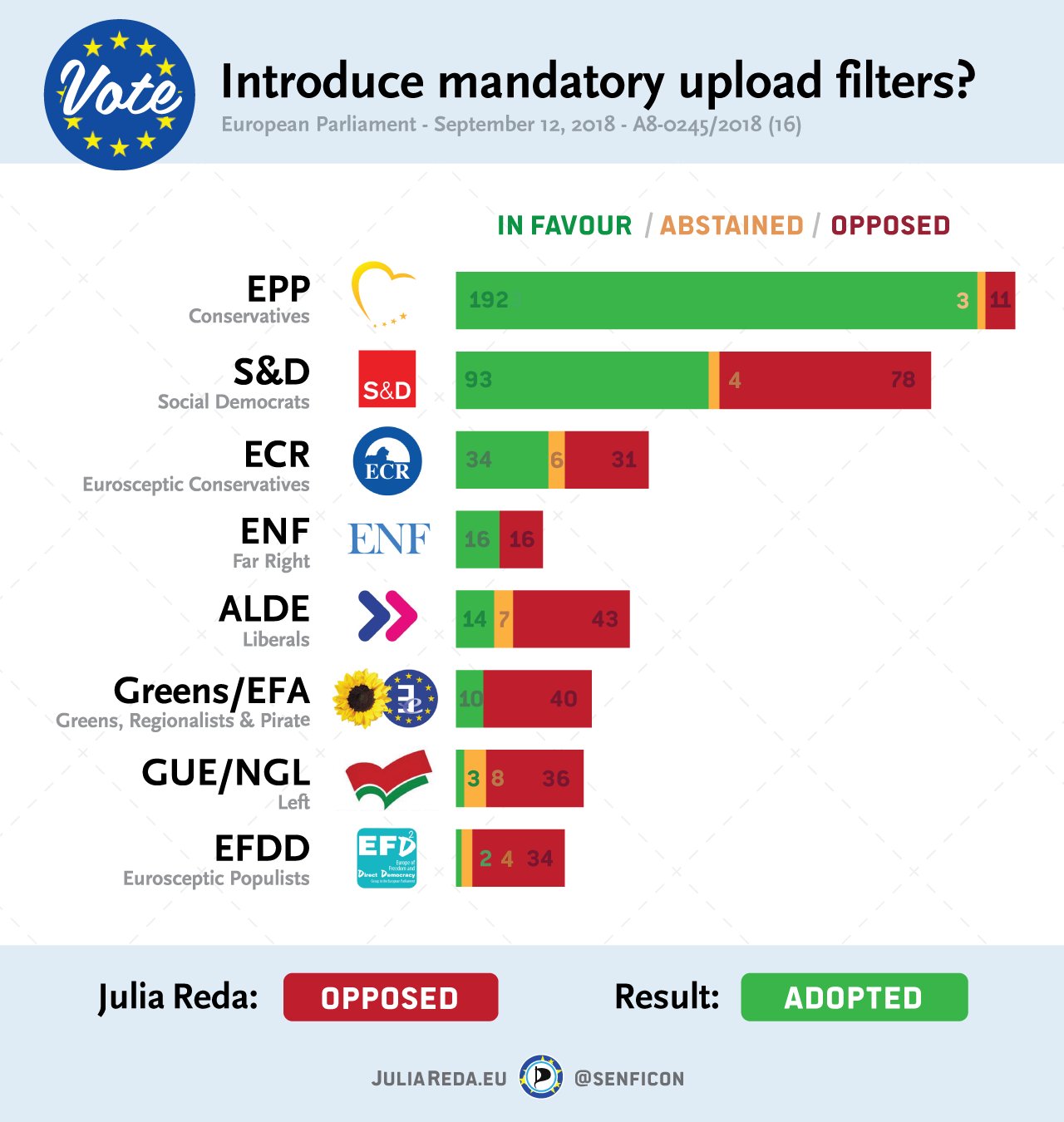


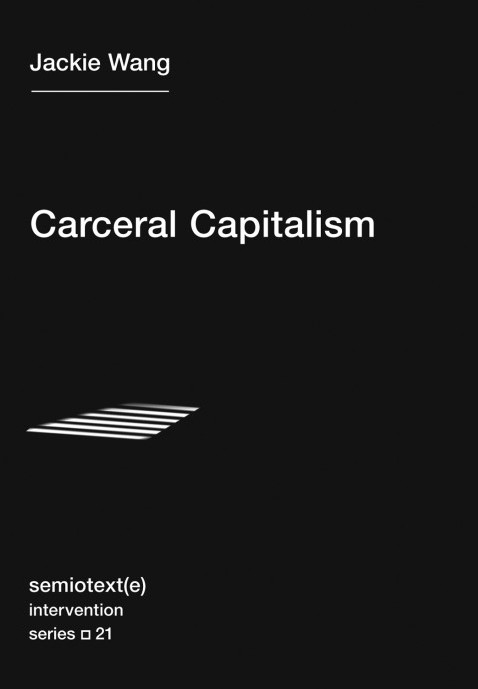

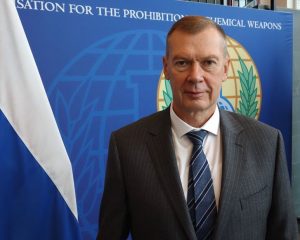

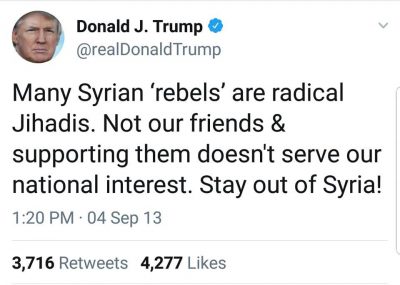

![Fear: Trump in the White House by [Woodward, Bob]](https://images-na.ssl-images-amazon.com/images/I/416N358DJfL._SY346_.jpg)


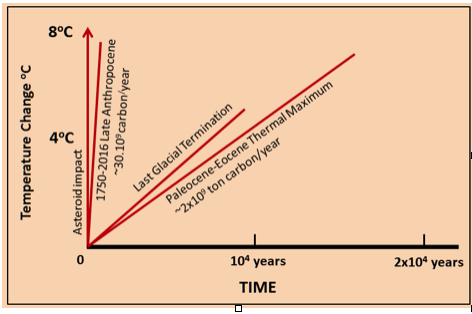

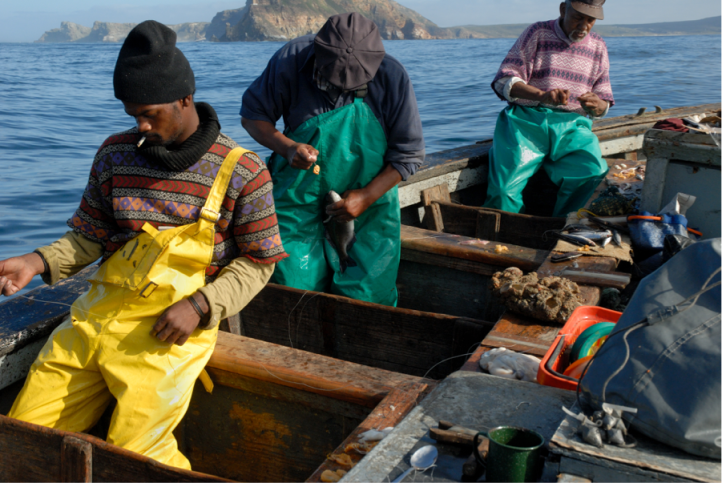


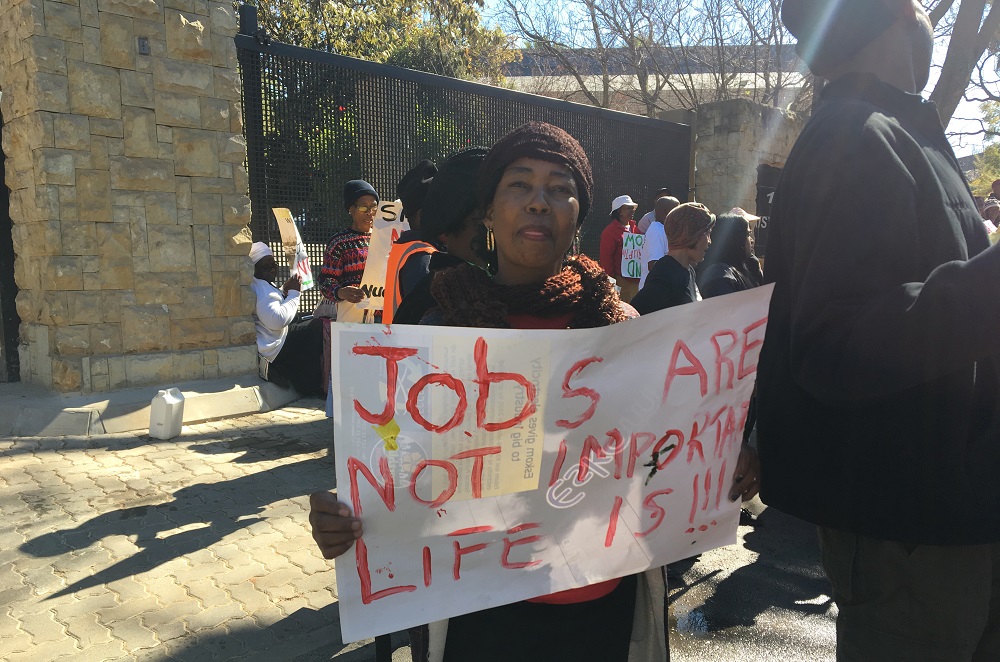
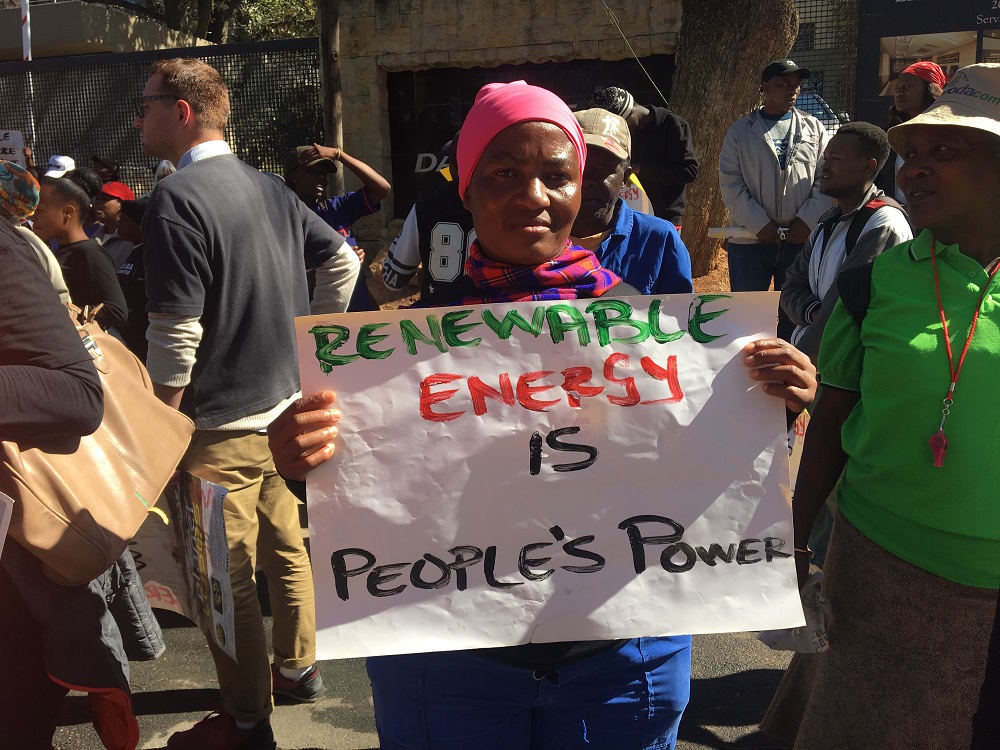



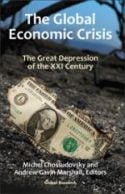
 ations – from an outstanding list of world-class social thinkers.”
ations – from an outstanding list of world-class social thinkers.”

